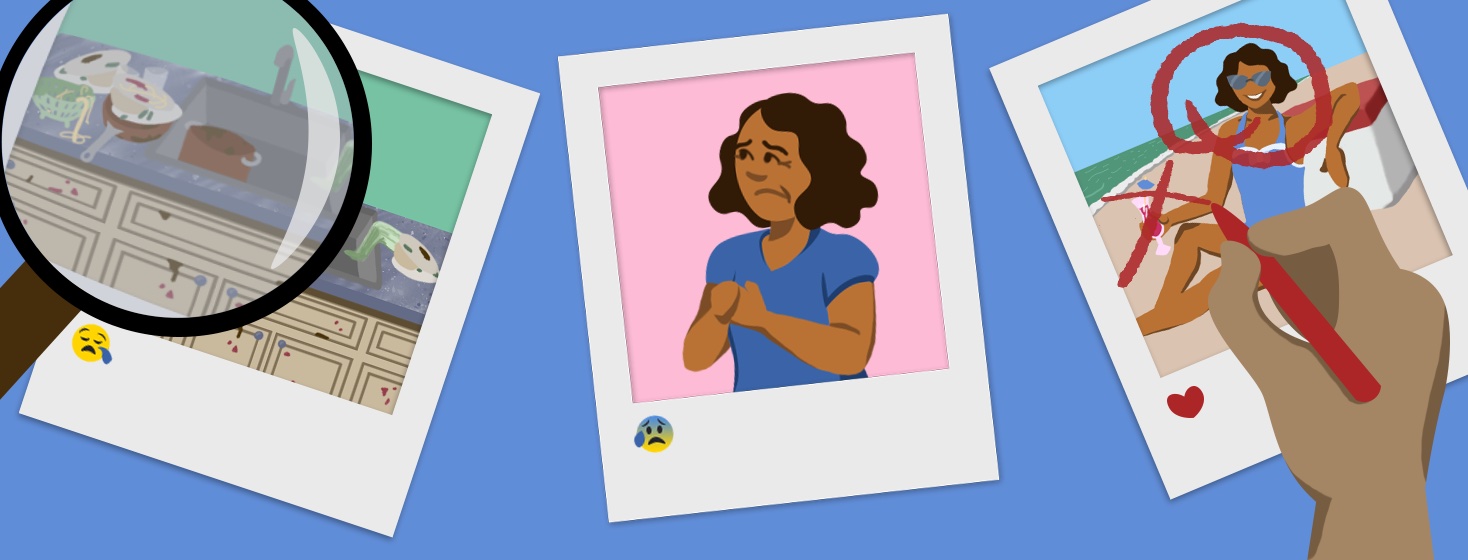Psoriatic Arthritis and Social Media
You may have heard in the news recently that the government “might” be using your social media feed to discern the “extent” of your disability. It is claimed they are using this information to evaluate your disability claim.
While it remains to be seen, it is clear that when psoriatic arthritis and social media meet, it is often a complex dance of true reality and social media reality.
The emotional toll of social media
But what happens to these communities and our own mental health, when we feel the need to censor ourselves? We no longer feel the freedom to celebrate these rare wins in life. This stems out of fear about how things “might” be interpreted by others.
Someone may see our “wins” and misinterpret these for how our everyday life actually is. People share only part of the story and soon, no one feels the security to share anything at all.
How does social media influence psoriatic arthritis?
It is generally common knowledge that social media doesn’t accurately reflect reality. Many photos are staged and those that don't tend to only be the best of life’s highest points. Not to mention the phenomenal amount of filters available to round, plump, and smooth every possible feature.
No one sees the week it takes me to recover from an outing with my family. We don’t share pictures of the piles of laundry and dishes left undone while we recover. We don’t share pictures of our swollen ankles, ice packs, or take out bags that miraculously pop up after a trip to the museum or the zoo.
It is abundantly clear that social media rarely represents the true reality of anyone’s life, especially those of us living with psoriatic arthritis.
Using social media for psoriatic advocacy
Maybe, just maybe, if we took the time to share images of our pain, failures, and flares on social media then there might be a greater understanding of what living with psoriatic arthritis really means. Maybe we could actually harness the power of social media to spread awareness of the reality of our life, instead of the fake images of life.
Then those who look at social media to check the validity of disability claims might just get a small dose of the painful and ugly reality of life with psoriatic arthritis.
A social psoriatic community
But is that all there really is to understand when we look at how social media has impacted those of us with psoriatic arthritis? Nope, not by a long shot. In focusing on the many surface issues with social media, we miss all of the wonderful things that social media has to offer.
Social media can bring those of us impacted by psoriatic arthritis closer together. It allows us to offer support, advice, and information to one another. So, there is no sense in chucking the baby out with the bathwater, so to speak.
Reality wins over social media
It does make a lot of sense to try and bring “reality” back to social media. Perhaps then, when we are having a bad or difficult day, then we won’t feel nearly as alone. I’m sure if we put our heads together, we could come up with a fantastic hashtag community to show support for all of our less than insta-worthy images.
So maybe, when it comes to the use of social media to evaluate disability claims, it is best if the government keeps its nose out of our business. Because as we all know, there is very little overlap between reality and social media.

Join the conversation